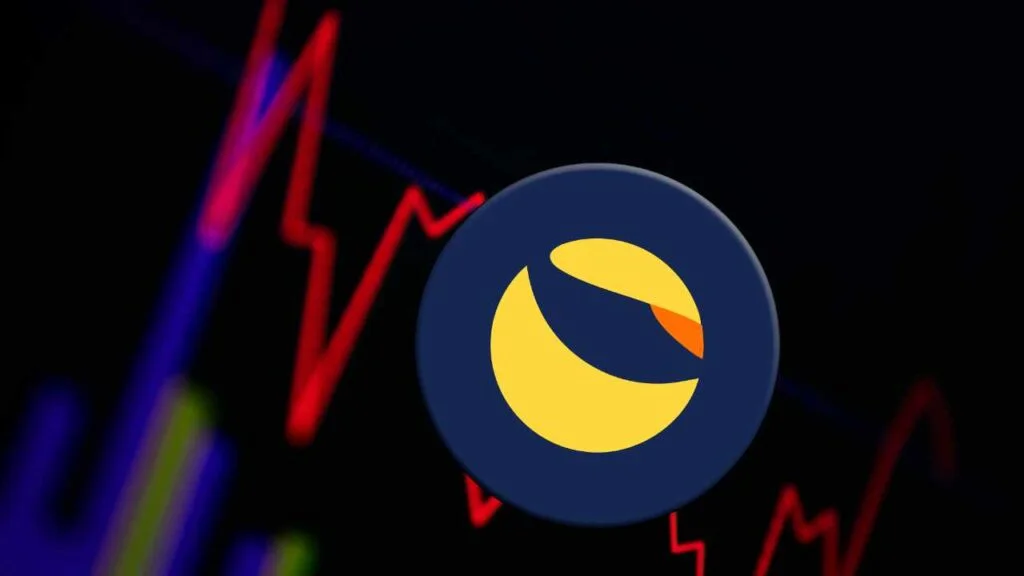The two countries have agreed to exchange information on their ongoing investigations into crypto-related cases, including Terra-LUNA.

Han Dong-hoon, the justice minister for South Korea, recently visited New York to examine various ways that the two countries may cooperate on investigations into financial crimes, particularly those involving cryptocurrencies.
On Tuesday, according to a local daily, Hoon met with Scott Hartman, head of the Securities and Commodities Fraud Task Force in the same location, as well as Andrea M. Griswold, co-chief of the Securities and Commodities Task Force.
According to a local daily, the two sides talked about how to improve communication and cooperation to enable prompt response to the rising number of securities frauds connected to the market for digital assets. Regarding Terra-LUNA, a cryptocurrency project under examination in both nations, it is said that the two parties have agreed to share their most recent investigative data.
Both nations have looked into the $40 billion Terra ecosystem crash from a legal perspective. Do Kwon, a co-founder of Terra, is the subject of a recent U.S. inquiry, and South Korean prosecutors are investigating a number of allegations, including fraud, market manipulation, and tax evasion.
Given that officials have recently turned their attention to crimes related to cryptocurrency, cooperation between the two countries may not be the first of many. When it comes to cryptocurrency legislation, South Korea has emerged as one of the strictest countries, enforcing stringent know your customer (KYC) and anti-money laundering (AML) standards.
The Terra incident has also pushed Korean lawmakers to create a new committee to oversee cryptocurrency projects and evaluate those that are listed on cryptocurrency exchanges. Numerous analysts expected that the failure of Terra-USD (UST) would influence authorities to choose algorithmic stablecoins over centralized ones.
The lack of defined crypto legislation makes it more challenging and complex to trace down and prosecute these crimes, which frequently involve cross-border transactions and money laundering. For instance, in 2019, a Dutch institution paid a ransom of $200,000 in Bitcoin (BTC). The investigators were able to locate one wallet in Ukraine and eventually had to deal with the local authorities to recover the money, which was paid nearly three years earlier.

